OPINION: The Netflix shuffle button is bad for society
Netflix’s new shuffle button brings up an interesting point of discussion as to whether viewers should submit to the selection of the streaming service, or choose for themselves what they want to watch.
September 28, 2021
In an update last April, Netflix unveiled a shuffle feature available on the TV app and Android mobile app. The shuffle button plays a random title based on the viewer’s activity and watch list.
The introduction of the shuffle button solves one of the platform’s long standing problems: too many choices. The relatively new feature effectively ended an age old debate among couples, friends and families over what to watch. On the surface, this feature is a harmless solution to a common issue. However, what the Netflix shuffle button insinuates for us and our society is much more detrimental.
The shuffle button represents a race for our minds and attention. It is a sign of the times, of a new capitalistic demand for disassociation. The purpose of television is no longer watching programming that interests you; but watching television as to not exist in reality.
Long passed, the golden age of TV has devolved an insatiable appetite for shallow entertainment. This pattern started with an endless stream of Netflix originals, the cookie cutter films Netflix produces to counter losing licensed content.
Video entertainment evolved as a medium for storytelling. The big screen epicized stories in a way that was never before possible in literature and theater. Nowadays, Netflix producers are not storytellers, they are social media content creators. Storytelling is dead, replaced by narratives designed for disassociation. Now, Netflix has implemented the shuffle button to promote these hollow narratives, increasing the distance between entertainment and quality.
Netflix’s new feature may be taking this automatic, mindless form of entertainment to the next level, but it’s not the first to do so. Social media platforms like Instagram and Tik Tok also use complex algorithms to force feed you content they think you’ll like. These algorithms are playing a key role in taking away autonomy over what we consume on screens, stealing it right out of our hands. Netflix is a dystopia of colorful titles and endless choices.
Putting our leisure time on autopilot in this way is incredibly dangerous, because everything we are exposed to becomes a form of propaganda, shaping the way we think without us even realizing it. According to the New York Times, “A wave of new social science research shows that the quality of shows can influence us in important ways, shaping our thinking and political preferences, even affecting our cognitive ability.”
So no, clicking the shuffle button on Netflix or scrolling through the “for you” page on Tik Tok probably won’t kill you. However, what it will do is slowly change the way you see entertainment, and normalize having no control over what you actually enjoy watching.
The advanced state of unconscious consumerism codified in the Netflix shuffle button is A Brave New World. This new height of streaming culture has brought along a society of excess and instant pleasure where no one is subjected to the cruel fate of being left alone with his, her, or their thoughts. The World State has the feelies, we have a button to shuffle 365 Days, Big Mouth and Lucifer.
Entertainment and media are very powerful things, and everyone knows that they shape so much of the world around us. What most people don’t know is that they shape you as well, and are getting more effective in doing so with every new release. When we freely discard our ability to choose the media we consume, we give platforms like Netflix a key to our psyche that may open doors we’d like to be left closed. In this new era of societal disassociation, more and more people will submit to the algorithms and watch TV just to escape reality, without actually processing anything they see. The Netflix shuffle button, however innocent it may seem, is a gateway into this state of unconscious consumerism, even if it does stop an argument on movie night.


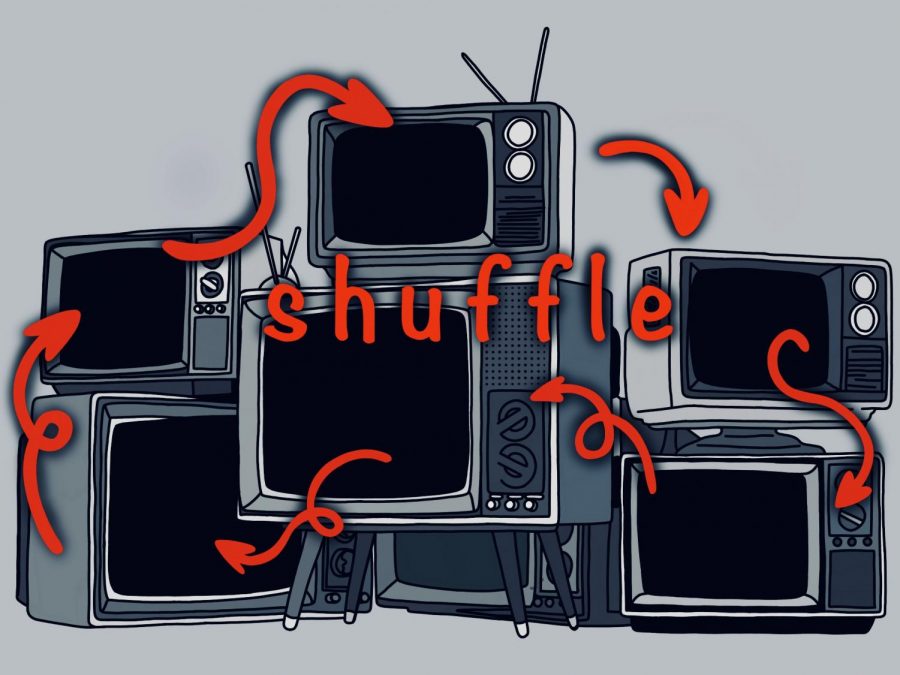








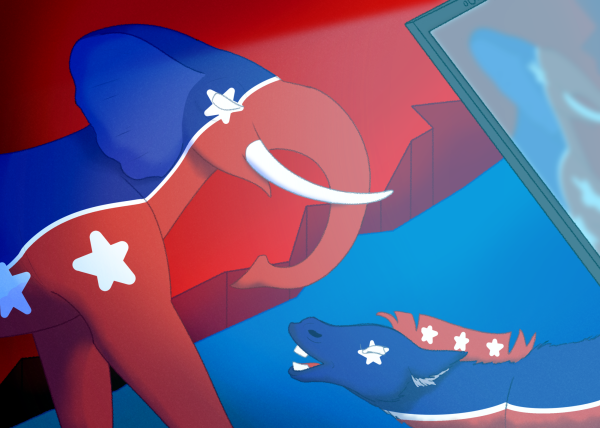
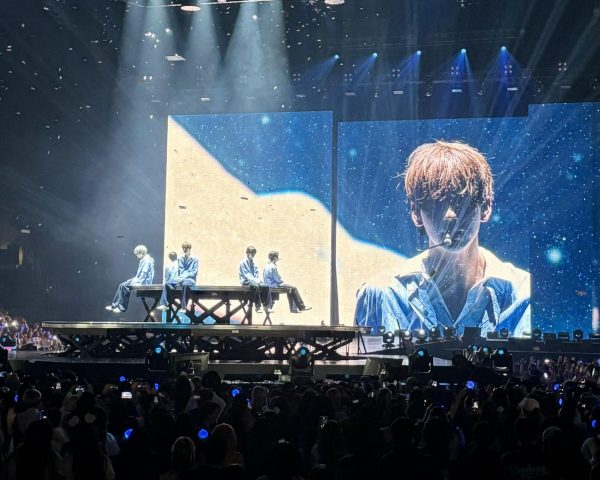
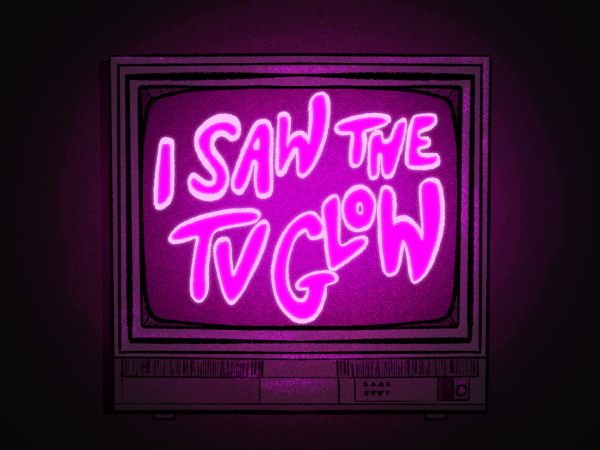
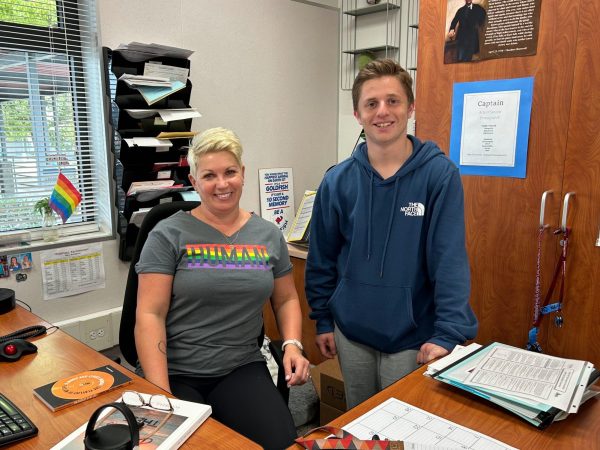

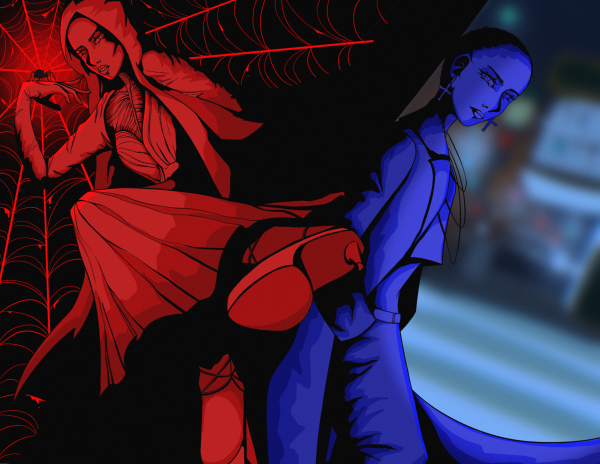
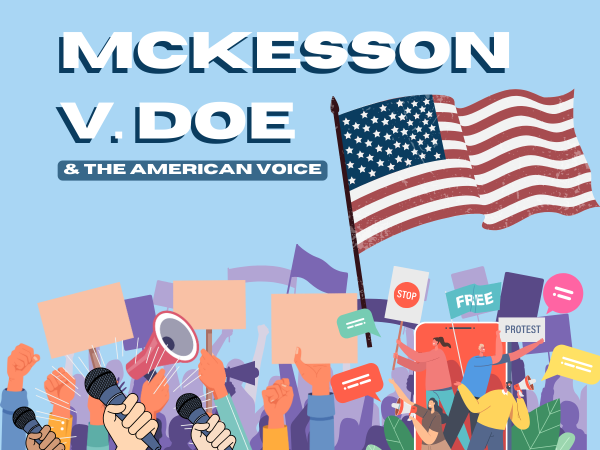
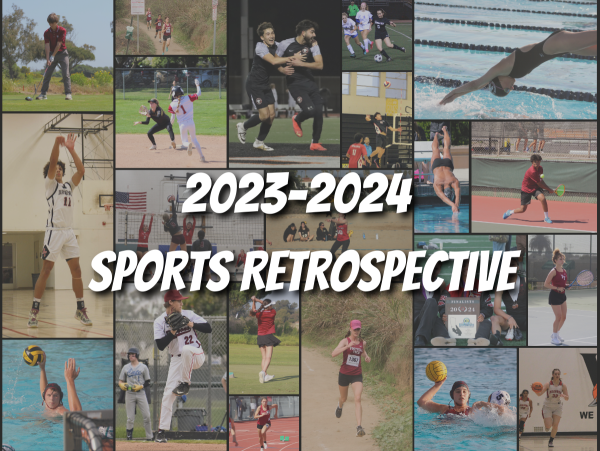
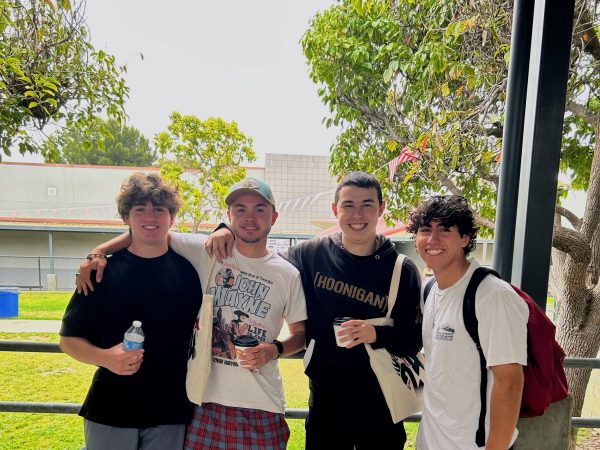
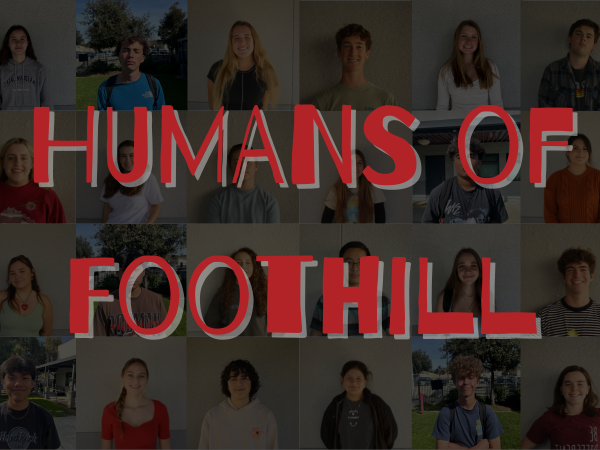
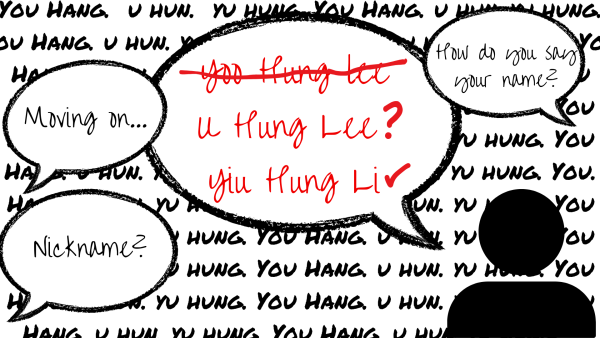
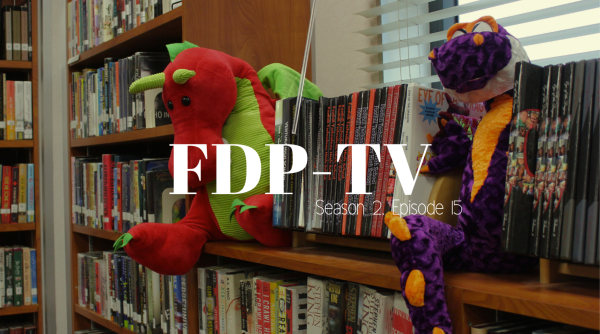
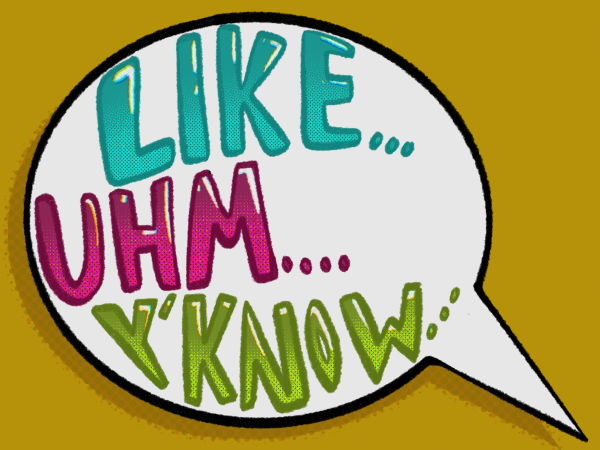
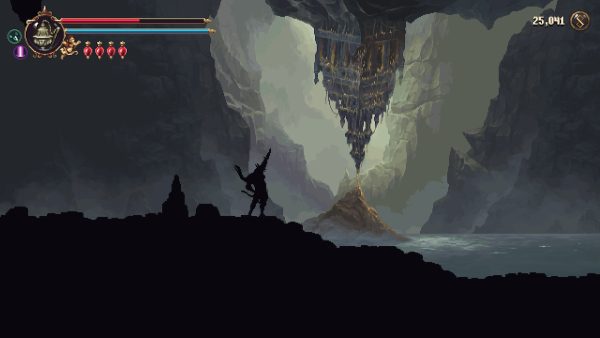
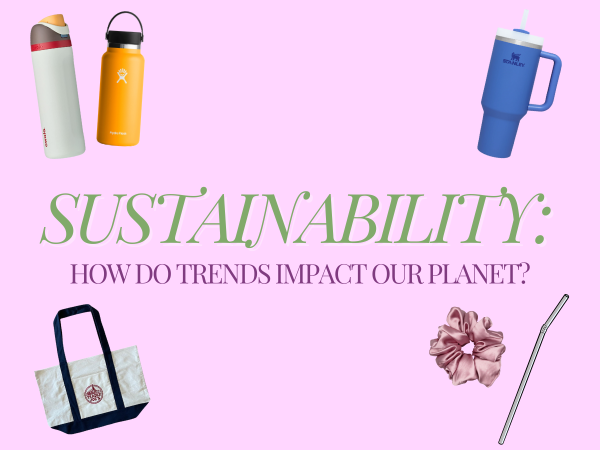
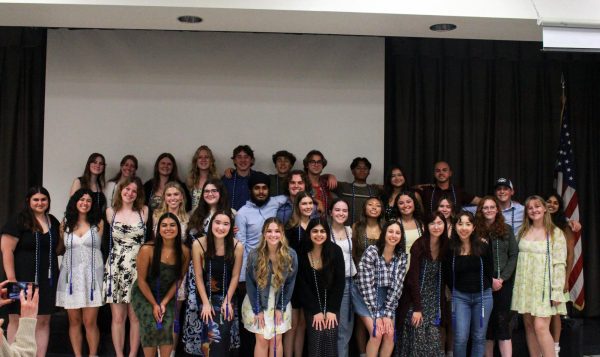




Ron Ander • Sep 30, 2021 at 7:26 am
There should be a button that shuts off the TV so we can go outside and talk to people instead of watching mindless programmes. Some watch “Reality” TV that is in fact staged for entertainment purposes. My public school teacher in the 1950’s called the TV “The Idiot Box.”
Ron Ander – Toronto